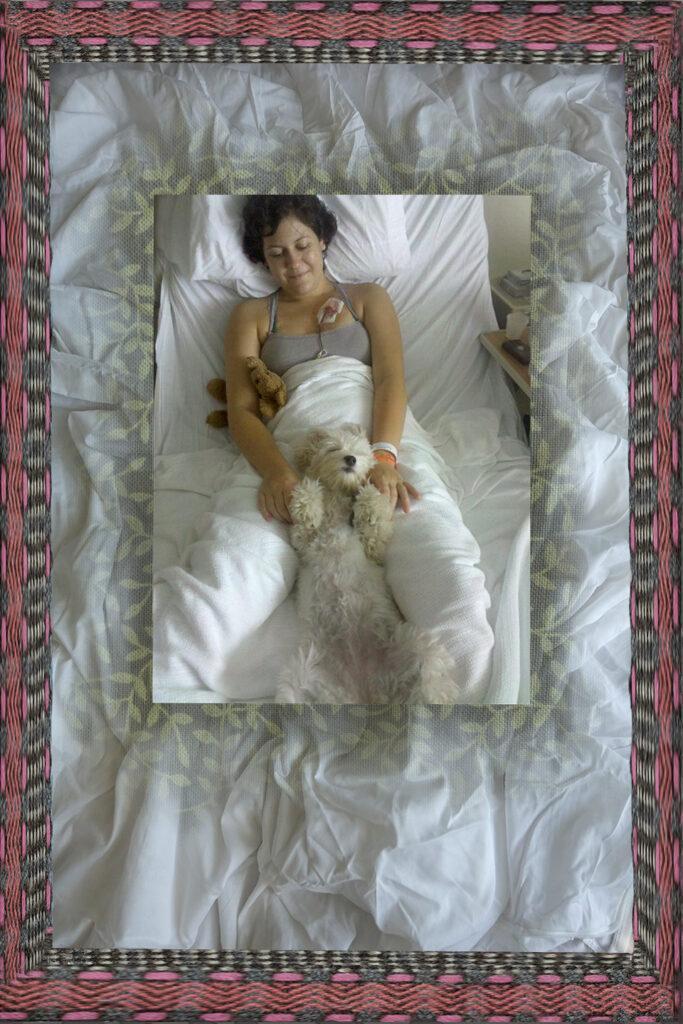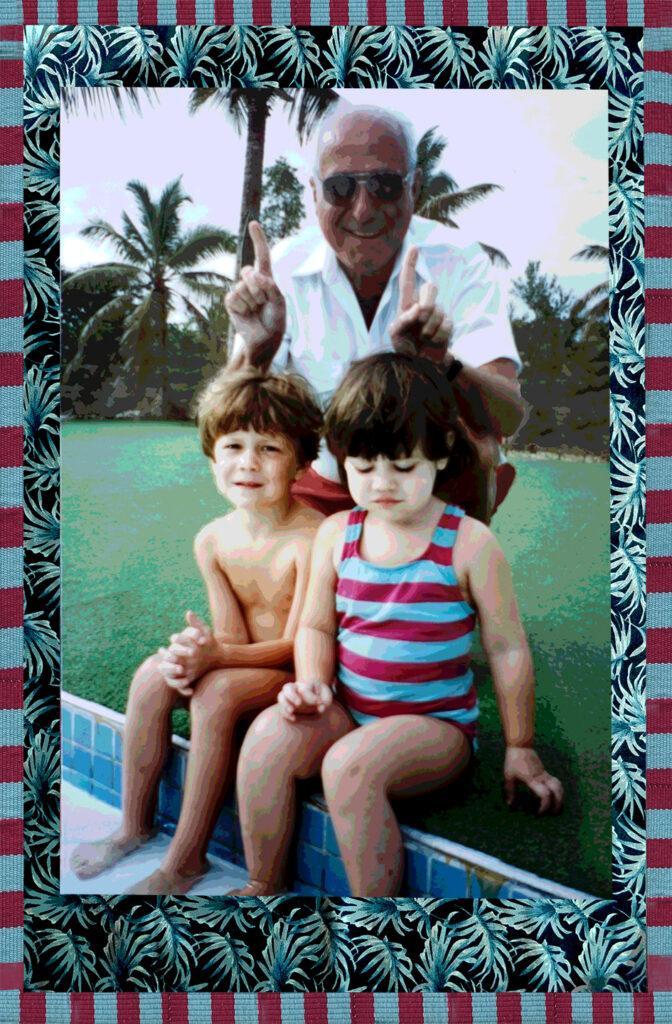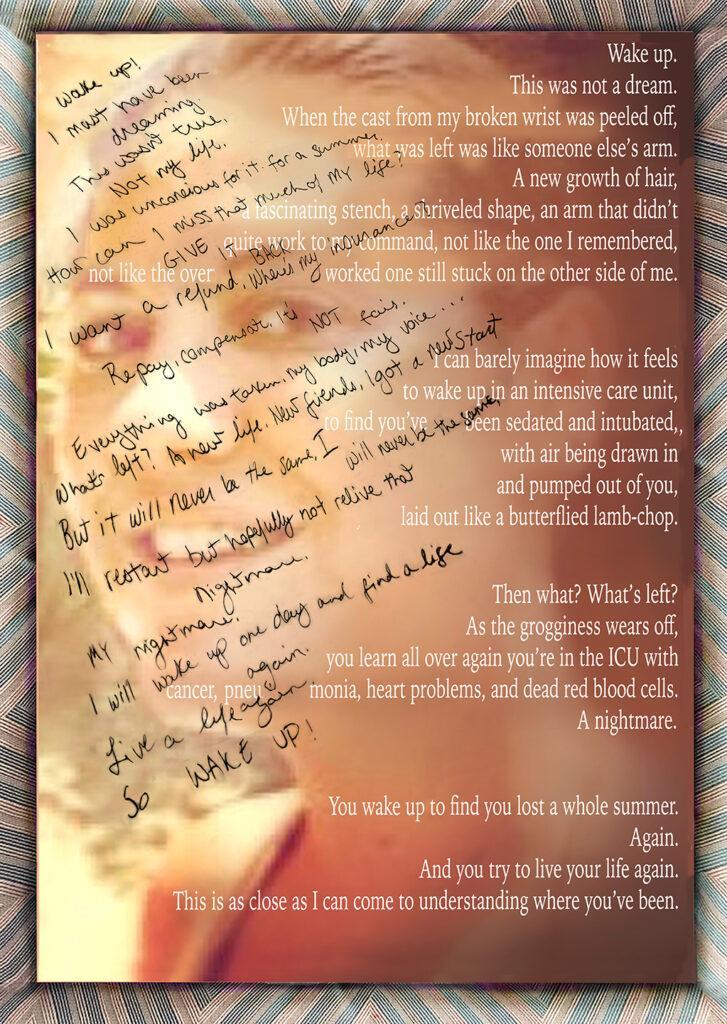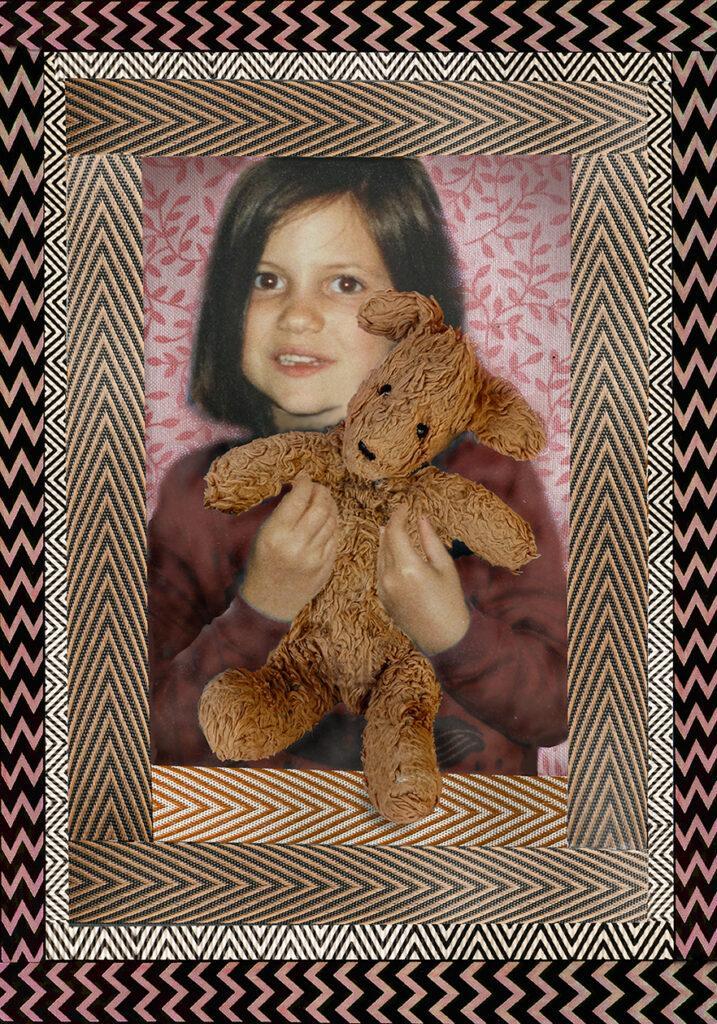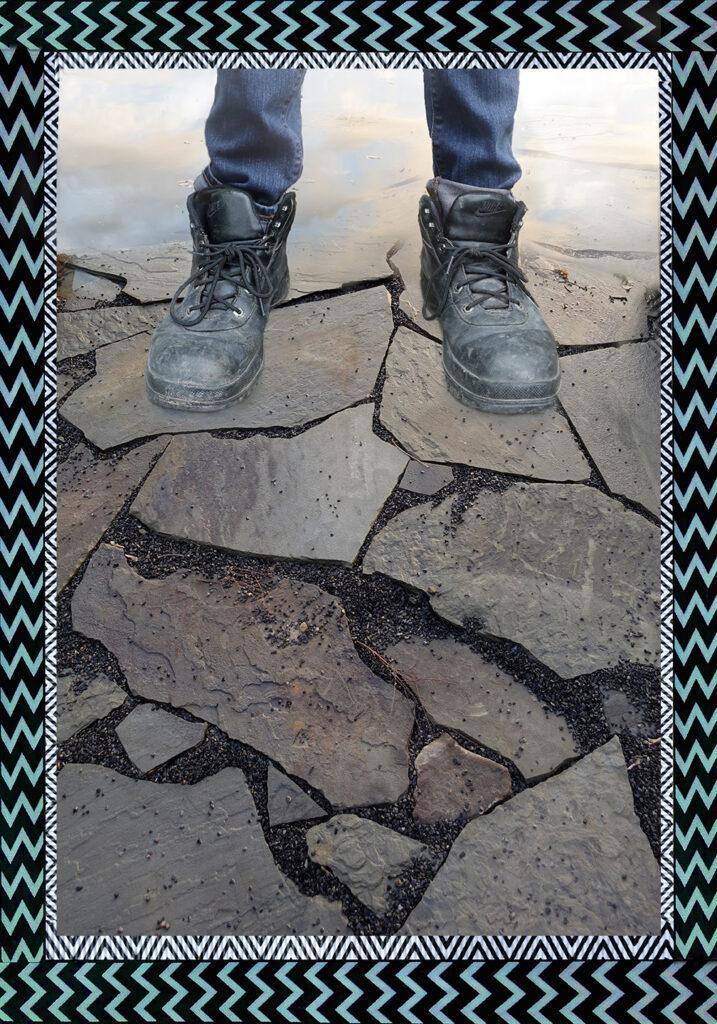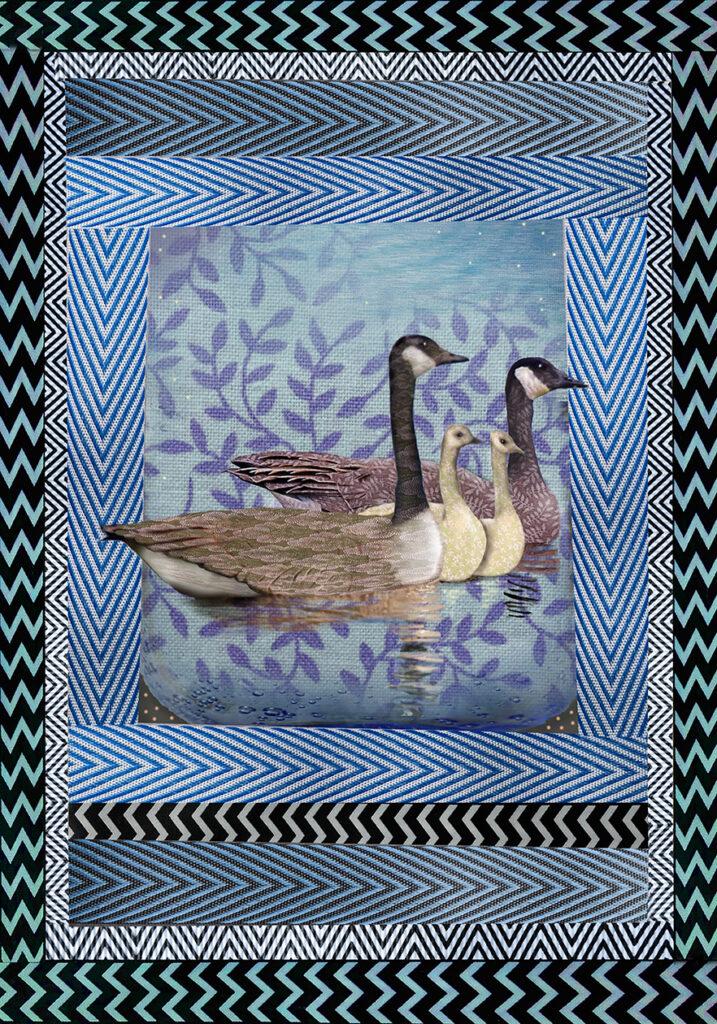“Mom, why can’t I get a puppy?” Marika asked, as we made our way to Rochester for a routine bone marrow biopsy.
“Mareek, I don’t even want a houseplant right now. We still have a lot of time in the hospital and then you’ll be going off to college again. A dog just doesn’t fit into our lives.” She sighed heavily and put her earphones back on.
Laurie called that evening.
“Robin, I’m really worried about Marika. She is so depressed. I’m serious. She needs a puppy.” (I learned later that Aunt Laurie had already promised her a puppy).
“She has a cat. And guess who ends up feeding it all the time and having to find cat-care whenever we leave home?” I countered.
“Her life depends on this puppy,” she stated, in the same tone as the doctors who insisted her life depended on getting a bone marrow transplant. In our little triad, no one of us could fight the other two united. So I finally relented. We found Suki online, near Rochester, the only female in a small litter of jolly Havanese puppies. We visited her on the way home from a day at the hospital. She was round, fuzzy, and tough, with an attitude that rivaled Marika’s. Still too young to come home with us, she lit Marika’s eyes up and recharged her heart.
Marika’s spirits were lifted even more when she got her driver’s license back.
“Mareek, I need to be in the car with you when you drive the first time or two,” I told her. The Toyota Avalon my mother had given me years before had seen better days. I’d let Marika keep it at college for her second semester. CDs and musty clothes were scattered over the seats and floors, and a cotton-candy air freshener dangled in the windshield. Marika was one of the few women with wheels in her crowd, and the car was a gas-guzzler, so an old coffee can labeled “Donations for Marika” lay conspicuously on the passenger side floor.
“No, Mom. Get a life,” she hissed, horrified at the thought of my monitoring her driving.
Unprepared for this reaction, I yelled, “Mareek, I’m about to finally GIVE you the car but you haven’t driven in months and I’m not gonna GIVE you the car until I know you’re not gonna drive it into a tree.” I gulped, surprised at my own resolve, and even more by her sudden cooperation. Later that evening she came downstairs bubbly, wearing eye make-up and a beaded necklace, a short skirt and strappy little tanktop under her worn-out gray winter coat.
“I’m recording with Russ tonight,” she shared as we negotiated the logistics of the driving. It was still light out as we pulled up to a familiar house and she parked the car.
“Mareek, I know this place. We came here for a party when you were four.”
“It’s Russ’s house,” she said, like I should have known.
“Oh, THAT Russ.” I recalled a rambunctious four-year-old flying down the banister. “I remember him. I took flying lessons with his father at the East Hill Flying Club before you two were even born,” I said. Unimpressed, Marika shot out of the car. I took over her warmed driver’s seat.
“Call me when you want to be picked up,” I shouted out the window, adding something about practicing night driving. She was gone. But her perfume, a hint of lily-of-the-valley mixed with a tanginess reminiscent of mustard, lingered after her as I turned the car to go home. I would wait for her call while she sang for hours with Russ, a percussionist who recorded his music for her so she could uncover melodies and create lyrics. She was proud of her first efforts and shared them with me in the beginning. Making music became her passion. Then it became one more secret, another thing that didn’t include me.
On the day the puppy was finally old enough to come home, the breeder held it up to us. One of the puppy’s eyes drifted sideways. Its top hair was pulled up tightly in a pink barrette. Marika and Suki curiously examined each other face to face.
“This hairdo has to go,” Marika said, pulling the barrette out as soon as we got in the car. Settling Suki in her arms for the long ride home, she cuddled and cooed, and they both fell asleep. Driving, I remembered the first times bringing my babies home. And I wondered if someone with no immune system should be housebreaking a puppy.
“Let’s go potty, Suki. Where’s your potty, Suki?” I chanted in the driveway. For weeks, I took Suki on extra walks so she wouldn’t ‘go’ in the house. I thought we’d agreed to crate-train the puppy, but one morning I brought a breakfast tray up and discovered Suki in the bed, sound asleep, nestled between the pillow and Marika’s chin. The crate sat on the floor, door shut, under a pile of dirty clothes.
When Marika’s friends went back to their colleges after the holiday break, we went off to puppy training classes at PetSmart. We sneaked Suki into the physical therapy sessions and the local hospital for the Monday morning blood draws. The nurses in the Hematology Lab fussed over them both, bringing doggie treats and cans of soda. The undercover slinking about with Suki was nerve-wracking for me but such a thrill to Marika that I allowed it to continue for months. Until the day we got busted. Suki was too big to fit in her travel bag by the time some hospital staff reported us.
Suki seemed to be the lifesaver we needed. Back at the house, we couldn’t help but laugh as Suki climbed to the tops of couches, to the shoulders of anyone sitting on the couches, and to Marika’s bed where she rested happily among the stuffed animals. And one day while Marika slept, leaving me to dog-sit, Suki and the cat cornered a mouse. When the mouse darted toward her, Suki gave a surprised squeak, caught it, and threw it high into the air. The cat and I watched in awe as the mouse fell down in the middle of us, dead. I tried hard not to love this adorable dog that was to, one day, leave home for good with Marika.
